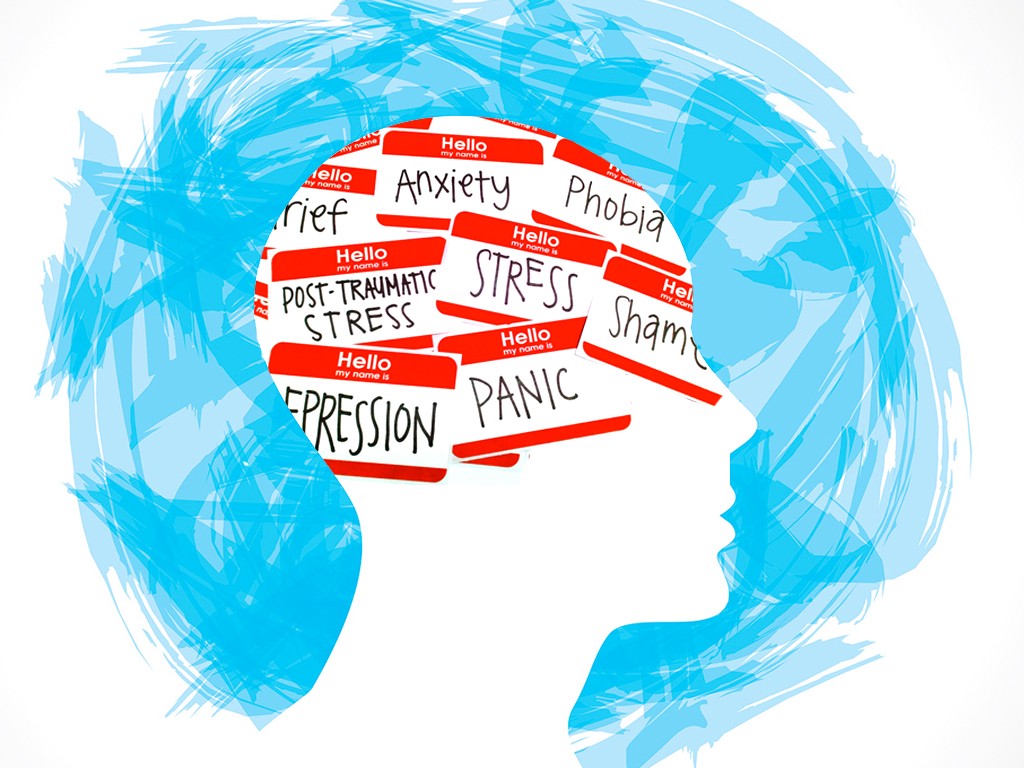To the majority of high schoolers, the role of social media in everyday life is immense. Applications like Instagram, TikTok, and Snapchat have kept us connected with friends, and updated on celebrities, fashion, and even other trends. Contrarily, these very social media networking sites may have both positive and negative links to mental health issues. Though entertaining and helpful, social media is also linked both positively and negatively to mental health.
On the positive side, social media can let an individual feel connected. A place like this, for kids who sometimes feel they don’t fit in at school, allows them to find people who enjoy the same things, take part in challenges in a fun way, or get advice. The same place where we share things we‘re passionate about or keep in touch with friends whom we don‘t get to see every day could make us feel less alone and more supported-especially when life gets tough.
But there’s also a bit of a darker side to it. Sometimes, it just makes you feel bad about yourself. For example, we might see pictures from others that show “perfect“ lives, or compare ourselves to others, which makes us insecure. It is so easy to get swept up in the number of likes or comments one receives, where not getting said attention might result in feeling unappreciated. Such perfecting in pictures and videos published online could thus create anxiety over our sad state of emotions. At the end of the day, social media can be an instrument for many good or not-so-good causes. The balance would be everything.
Though, with social media, if we use it to connect with others and express ourselves, it is fun and helpful. But as it makes us feel bad about ourselves or causes more stress, therefore, it‘s good to take breaks away from it and not focus on it as much. It all comes down to taking good care of our minds, sometimes leaving the phones aside, and living life in the real world.

